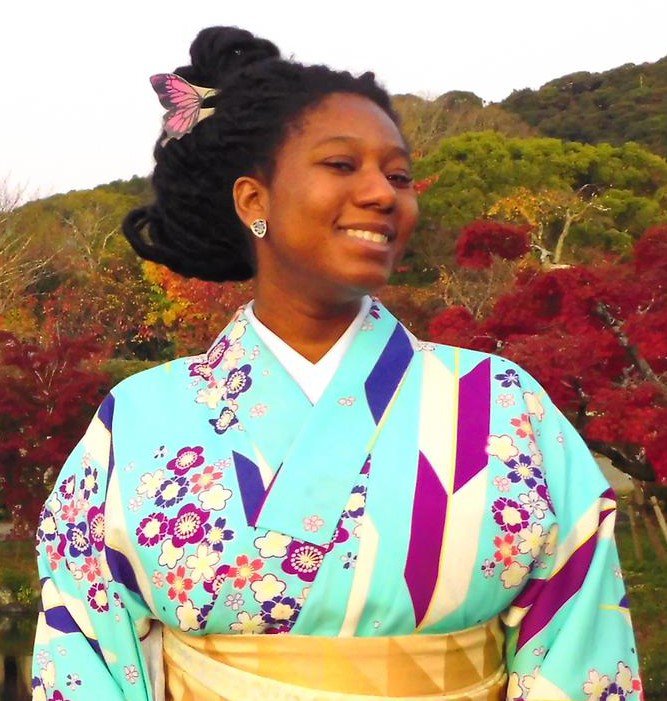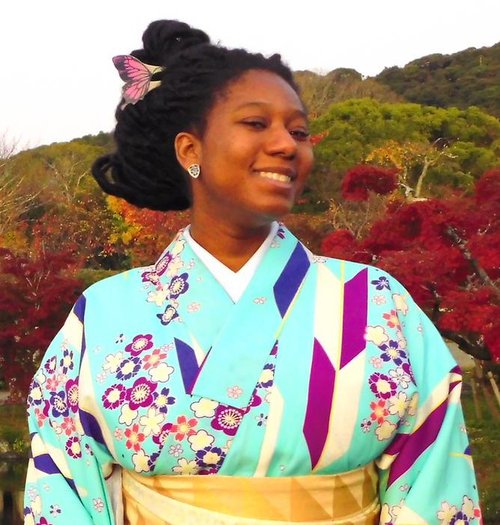
When deciding on a major, students often want to know what kind of coursework and career options to think about. To help provide perspective on these kinds of questions, the Department of English recently kicked off a student ambassador program. Current students majoring in the program will help interested students connect with resources within the English department, answer questions about the major, or give recommendations on particular courses.
We recently caught up with two ambassadors. Responses have been lightly edited.
Sophia Perida

What year are you? What area of English are you most interested in or have a concentration in?
I’m a junior. Areas of English I’m particularly interested in include eco-criticism, animal studies, and analyzing themes of power and embodiment within texts.
What made you want to become an ambassador for the Department of English?
The English Department, both in terms of its faculty and my undergraduate peers, is a uniquely supportive and intellectually fulfilling space within the larger SU community, and I want to do my part to represent and promote these qualities however I can.
What will you be doing as an ambassador? What do you hope to accomplish in this role?
Being an English ambassador means supporting the needs of my peers from a fellow student’s perspective. As the first person in my family to go to college in the United States, I am particularly aware of how confusing the American higher education system can be sometimes. I want every student to feel empowered within their academic experience, and I hope that being an English ambassador will allow me to improve accessibility and to foster a sense of community for anyone interested in having this type of support.
What advice would you give to students who are thinking about majoring in English?
Generally, if you find yourself interested in learning to communicate more effectively or you crave flexibility in pursuing your intellectual interests, you will likely benefit well from studying English at Syracuse University. Specifically, the decision to major in English can be boiled down to the following factor: if you like to read and to listen—and you find that everything you read and listen to just makes you want to read and listen to more—you might want to explore that feeling in an academic setting. An English degree can provide you with specific tools—critical thinking, argumentation, etc.—that can help you better navigate and satisfy your own interests.
Andy Tinsley

What year are you? What area of English are you most interested in or have a concentration in?
I’m a senior with a concentration in creative writing. I’m also a dual major with Newhouse, majoring in television, radio and film with an emphasis on feature-length scriptwriting. I’m a huge fan of stories—regardless of medium—and wanted to explore a major that sees literature and storytelling as three-dimensional and sees value in media where reading isn’t the only way to consume or understand different texts (though I do love reading)!
What made you want to become an ambassador for the Department of English?
After taking enough English classes and talking to my professors, I quickly found incomparable value in ETS. It teaches critical thinking, incorporates aspects of sociology, introduces different schools of thought to help understand texts, and examines cultural touchstones that we’ve come to take for granted—like the works of Shakespeare or Mary Shelley. For this reason, I want to encourage others considering English as a major to see its merits both academically and post-graduation.
What will you be doing as an ambassador? What do you hope to accomplish in this role?
While we’re not sure of all the specifics yet, the goal is for us to serve as mentors to prospective English majors and show underclassmen and anyone else the value of taking English courses at Syracuse.
What advice would you give to students who are thinking about majoring in English?
Talk to your advisor and to English faculty about the opportunities ETS offers. There is plenty of need for writers and strong thinkers everywhere, and faculty is incredibly supportive, so don’t be afraid to reach out and ask questions if you’re still figuring out what your niche is.
Why should students study English in the College of Arts and Sciences? What makes our program stand out?
The critical thinking skills I’ve gained from majoring in English at Syracuse University are applicable inside and outside the classroom. Good reading comprehension and textual analysis skills are a must in just about any profession.
